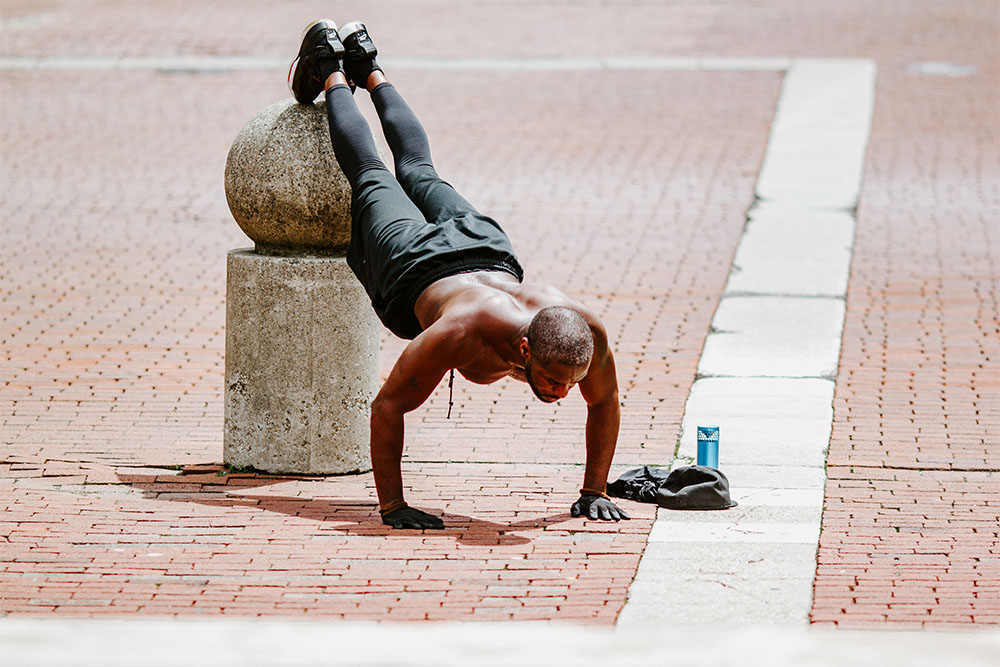The Truth About Carbo Loading

Evan Stevens
Carbo Loading
Carb loading, for those who haven’t been around sport for the past 40 years or so, is when you workout really hard, deplete a lot of your glycogen, and then stuff your face full of CHOs so you boost your glycogen levels up past your baseline amount of glycogen.
Known as glycogen supercompensation it is actually very difficult to do; depleting your glycogen reserves to the levels where you will get optimal glycogen synthesis when you eat lots of CHOs means you need to be totally exhausted.
Timing is also very important, it should be done five days out of a major competition/event (anyone who tells you the night before matters is a liar and should not be trusted – the night before doesn’t matter too much so long as you aren’t eating something amazingly fatty and greasy) to allow for optimal synthesis and storage not only in the liver, but in the muscles.
The researchers who presented this study took endurance athletes, had them train at a baseline of 2000 calorie average diet (in my opinion very low for endurance athletes), and then worked them out to try and deplete as much of their glycogen reserves as they could, and then fed them 3600 calories the next three days (high in CHO).
This high carb loading post exercise resulted in muscle glycogen levels that were three times higher than baseline when measured 72 hours later. This resulted in an eight percent increase in performance on the next exercise trial performed at the 72 hour time point. The 3600 calories did not lead to increased fat deposition either, at least in the three days following exercise (prolonged high calorie diets of course lead to problems).
Take away
If you want to perform your best do a very hard workout four to five days before your event and try to deplete your glycogen. Then eat a high calorie, CHO rich diet for the proceeding days to boost your glycogen levels past baseline. This only works as an acute measure and should not be maintained through training cycles.
Related Article: 4 Tips for Balancing Sleep & Exercise
You Might Like:














